16 brilliant works of art worth seeing in person
Categories: Art | Beauty | Culture | Design and Architecture | Exhibition | People | World
By Vika https://pictolic.com/article/16-brilliant-works-of-art-worth-seeing-in-person.htmlThere is something mystical about viewing a brilliant piece of art. Perhaps it is the fact that several different combinations of strokes, colors and textures can evoke deep emotions in you.
Whether it's love, anger, sadness, or joy, these feelings come from the very depths of who you are. Another great aspect of looking at art is that it doesn't take a lot of effort just to enjoy. All you have to do is look at the masterpiece.
While people were on earth, art was an integral part of life. Some of the earliest works of art were images of bulls, bison and horses painted on the cave wall nearly 17,000 years ago. Since then, art has constantly evolved.
Some of the most striking pieces of art worth seeing live range from the early Renaissance to the modern 21st century.
16 PHOTOS
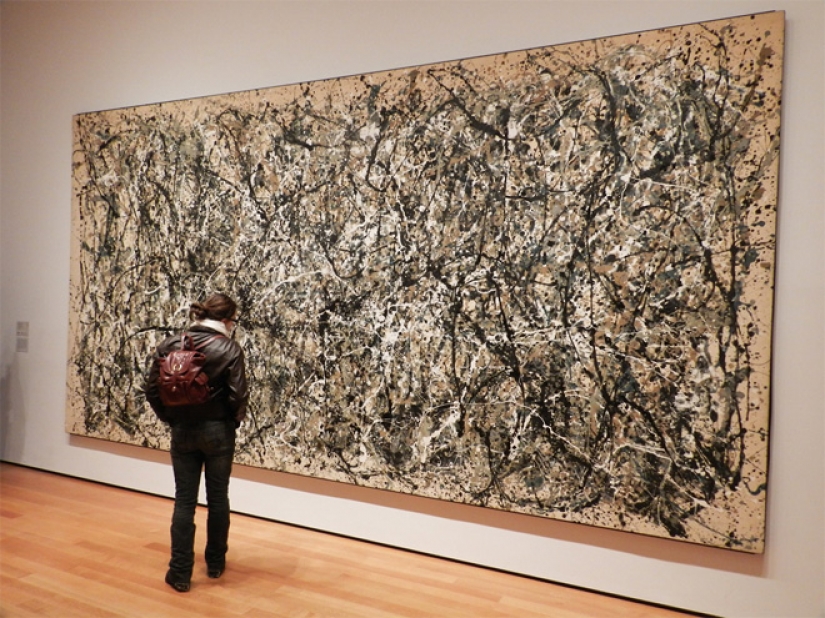
1. Autumn rhythm.
There is beauty in this chaos. In 1950, artist Jackson Pollock pushed the boundaries of traditional art with Autumn Rhythm. The masterpiece expresses a sense of high energy and power.
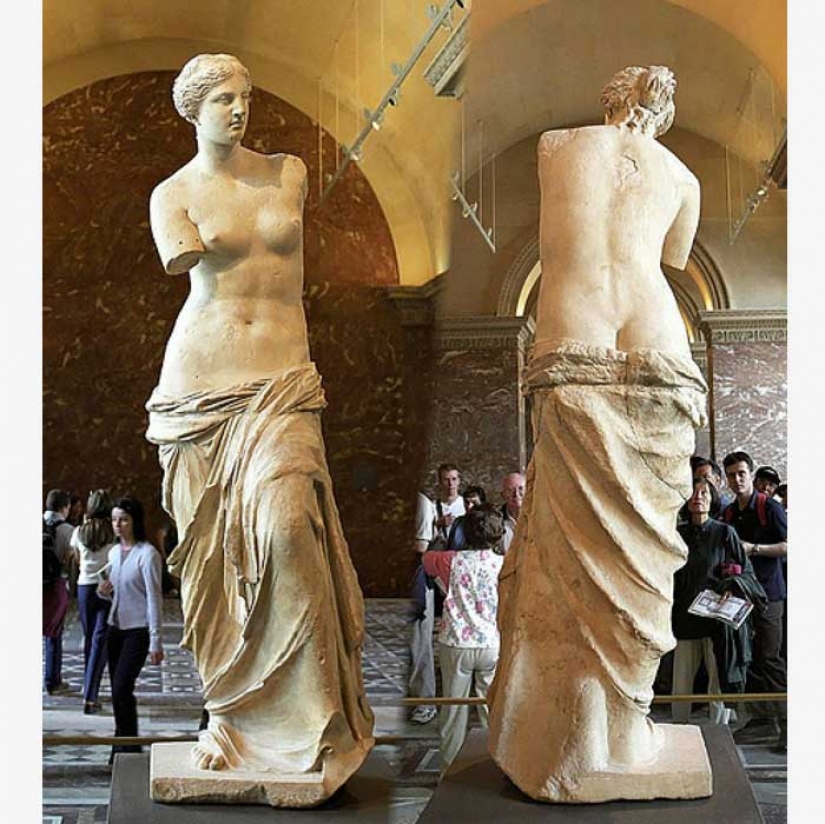
2. Venus de Milo.
Art historians believe that the famous sculpture of Venus de Milo was carved from marble sometime in 150 BC. Alexandros of Antioch.
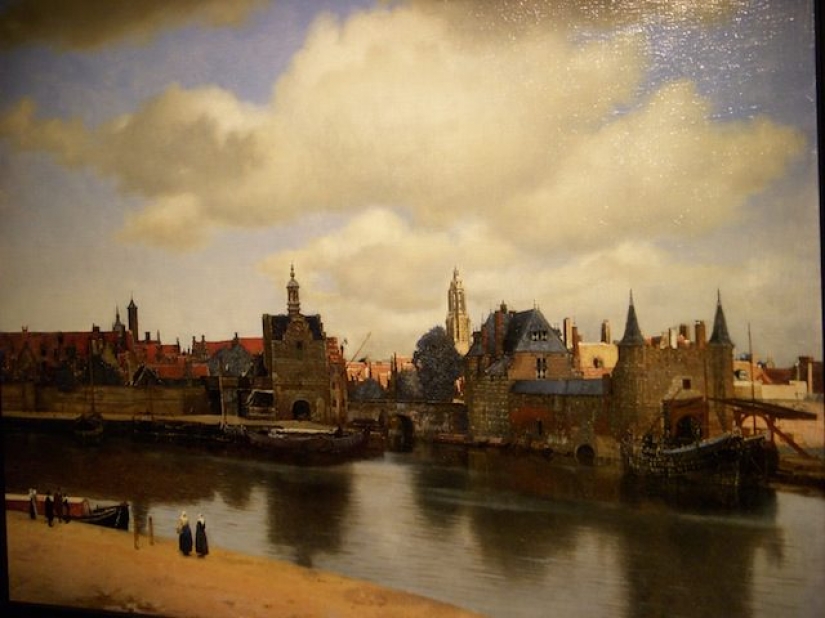
3. View of Delft.
Johannes Vermeer, a Dutch painter, violated boundaries when he painted View of Delft in 1661. At that time, it was very unusual for artists to paint cityscapes. However, Vermeer felt that the beauty of his hometown should be depicted on canvas.
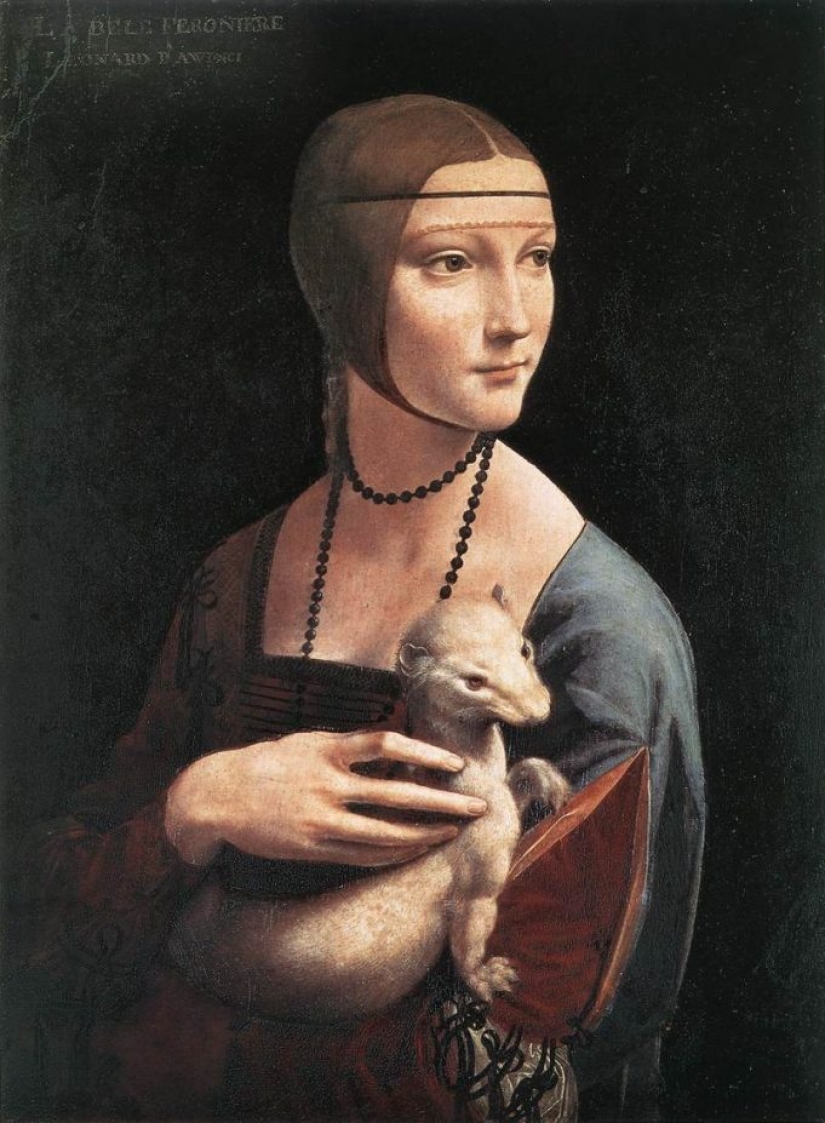
4. Lady with an ermine.
The famous Renaissance painting is in the main building of the National Museum in Krakow, Poland.
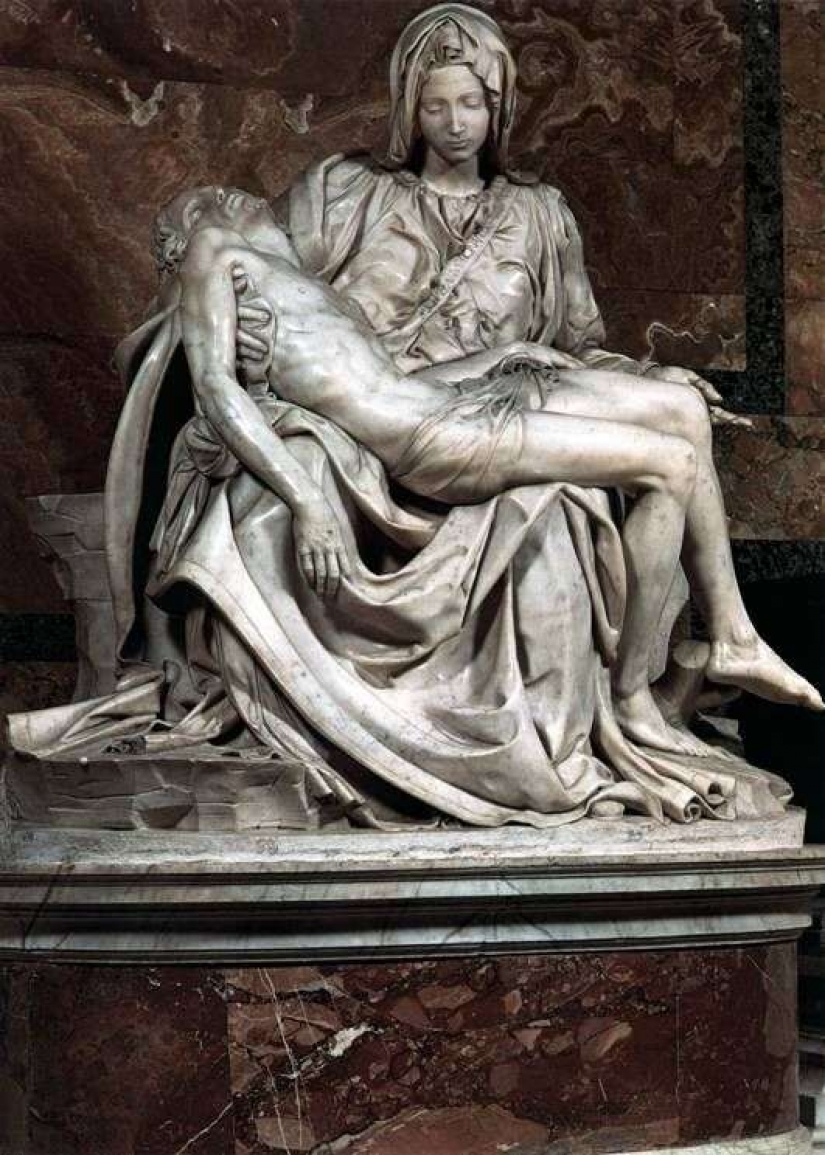
5. Pieta.
Michelangelo Buonarroti created Pieta, the first sculpture in his series specially created for a French cardinal.
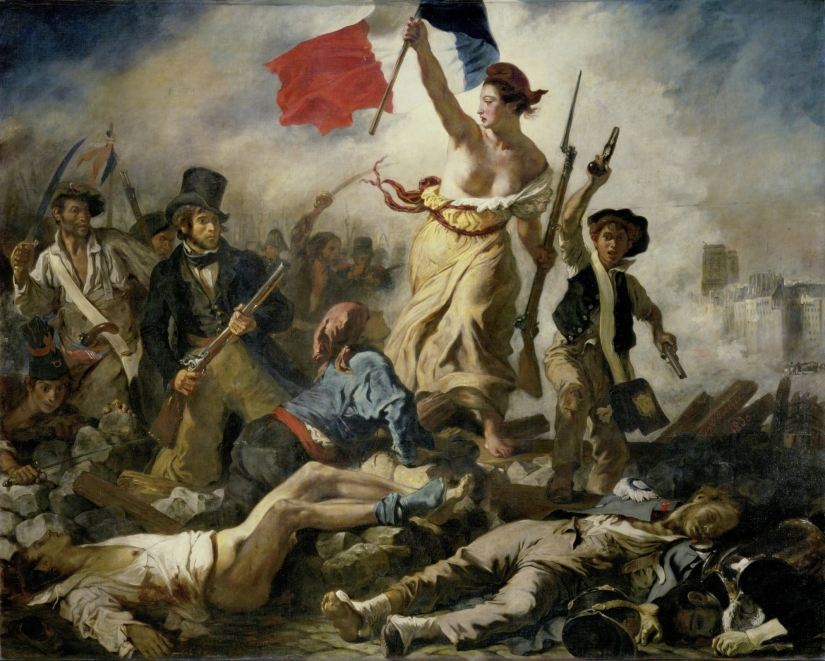
6. Freedom leading the people.
The Louvre is currently hosting Liberty Leading the People by Eugene Delacroix. Delacroix is considered one of the finest French romantic painters of his time.
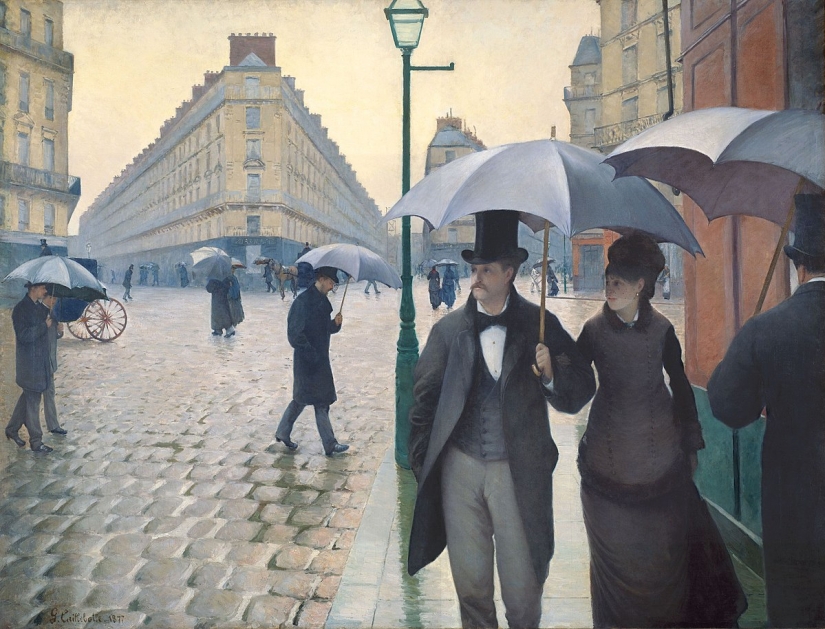
7. Parisian street in rainy weather.
French artist Gustave Caillebotte does an amazing job of portraying the effects of photography in his painting Parisian Street in rainy weather. It does this by bulging slightly in the center of the image to reflect how the camera will capture the image.
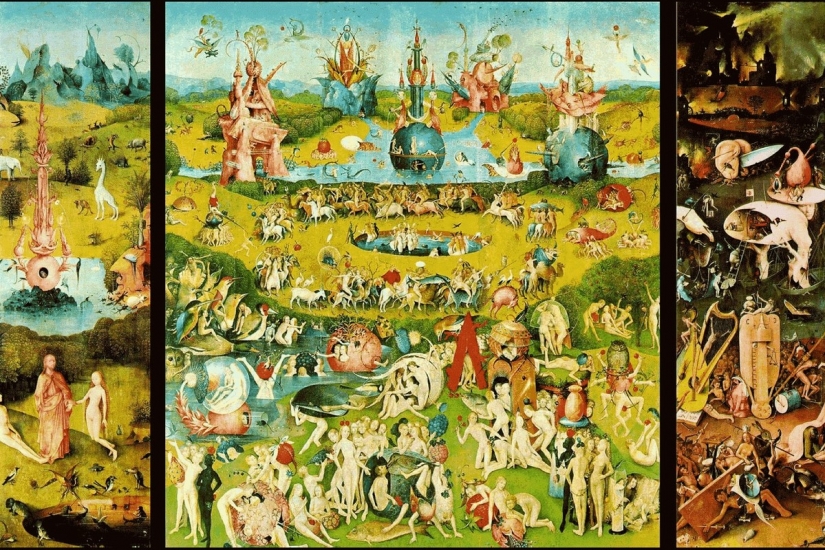
8. Garden of earthly delights.
All three panels of The Garden of Earthly Delights contain a tremendous amount of detail. Each of the panels is interconnected and designed to be viewed from left to right.
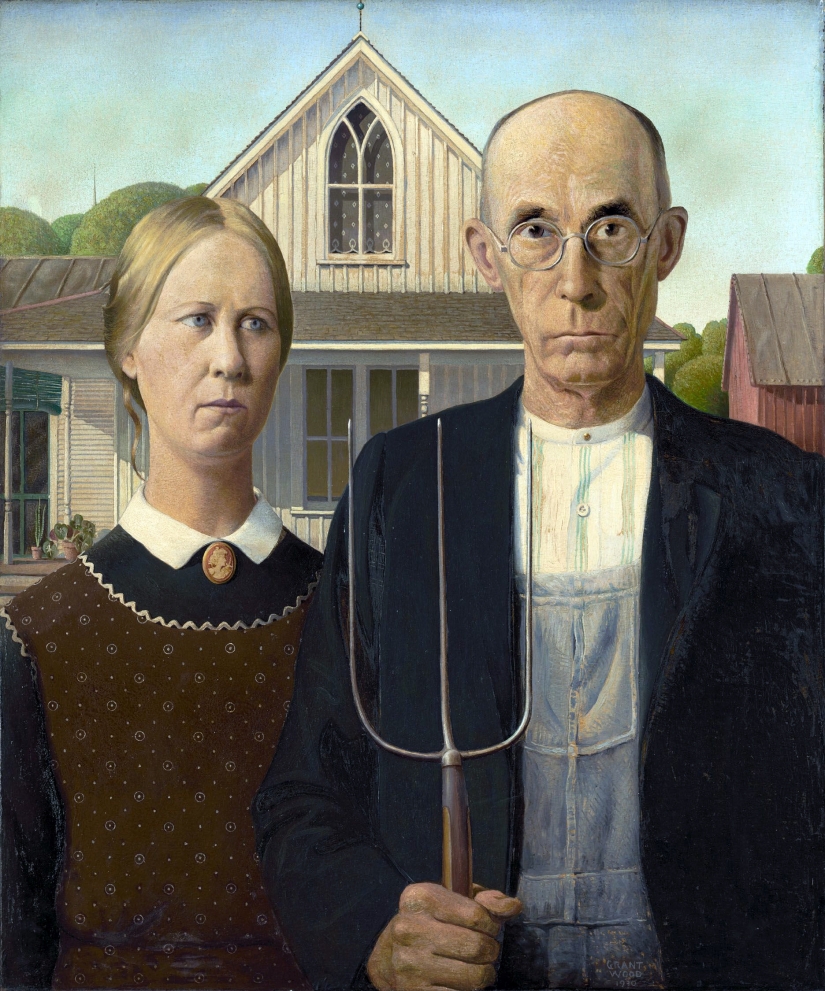
9. American Gothic.
Some art historians have argued that Grant Wood's paintings of the Midwest mock people living in the region. Others believe that he accurately depicts the lives of people who have devoted their time and lives to the earth.
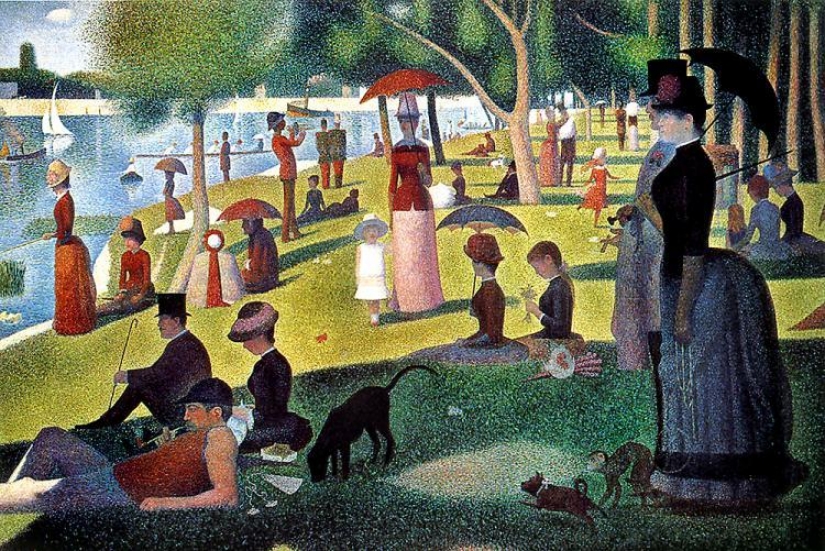
10. Sunday afternoon on the island of La Grande Jatte.
Georges Seurat, a French painter, painted millions of dots to create Sunday Afternoon on the island of La Grande Jatte in 1884. The magnitude of these millions of tiny dots of saturated colors combines to create a powerful optical effect for the viewer.
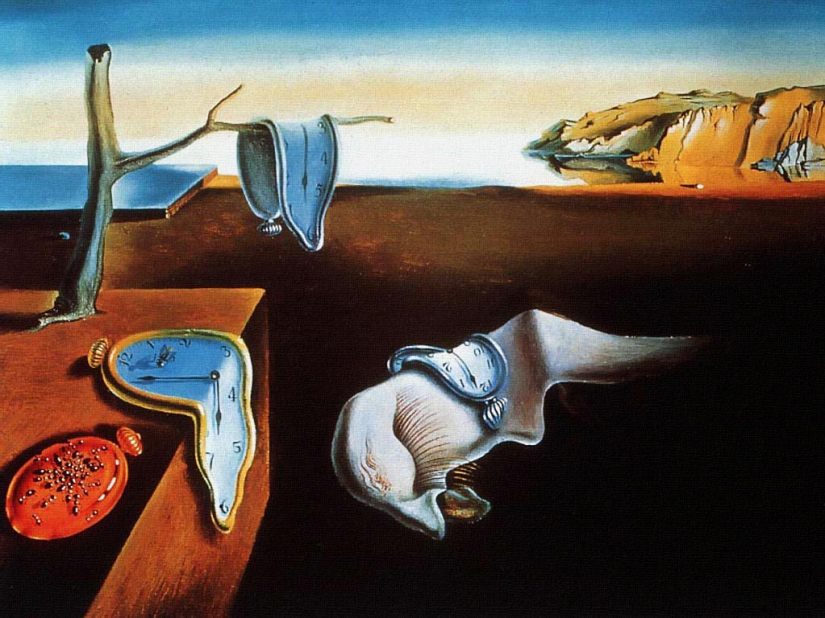
11. Persistence of memory.
Salvador Domingo Felipe Jacinto Dali, the Spanish surrealist painter, created The Persistence of Memory in 1931. A year later, he could be seen at the Julien Levy Gallery.
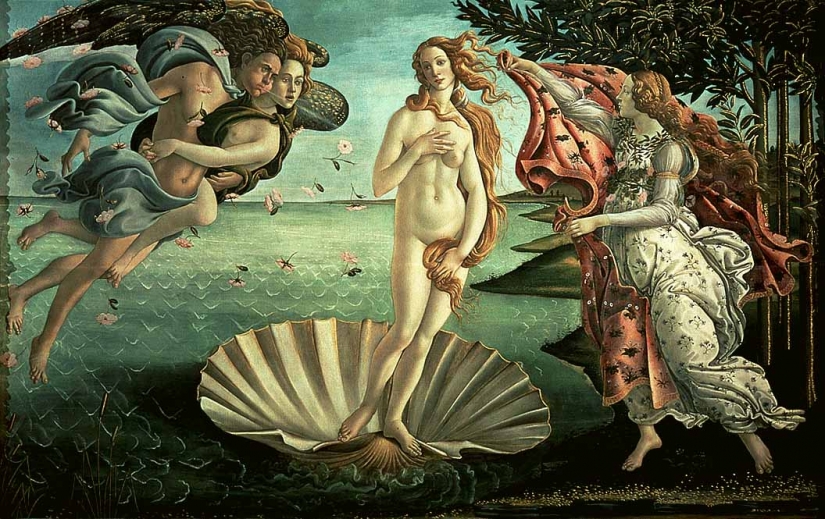
12. The birth of Venus.
Art historians believe that Sandro Botticelli, an Italian painter, wrote The Birth of Venus sometime in the 1480s. The painting depicts the goddess Venus arriving ashore after her birth, fully adult.
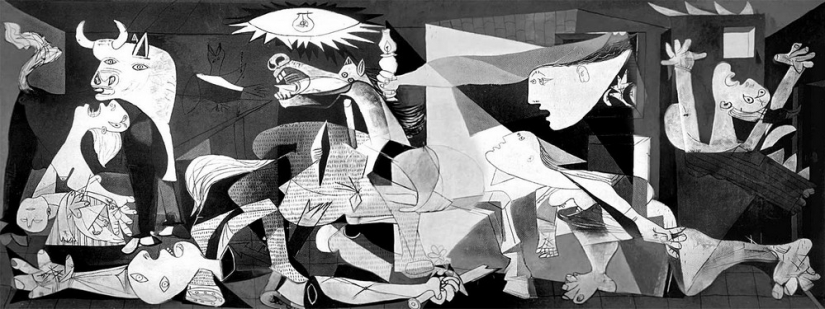
13. Guernica.
People can be in awe when looking at the painting by Picasso "Guernica". A huge canvas, consisting only of blue, black, and white, almost completely covers the wall of the Reina Sofia Museum in Madrid.
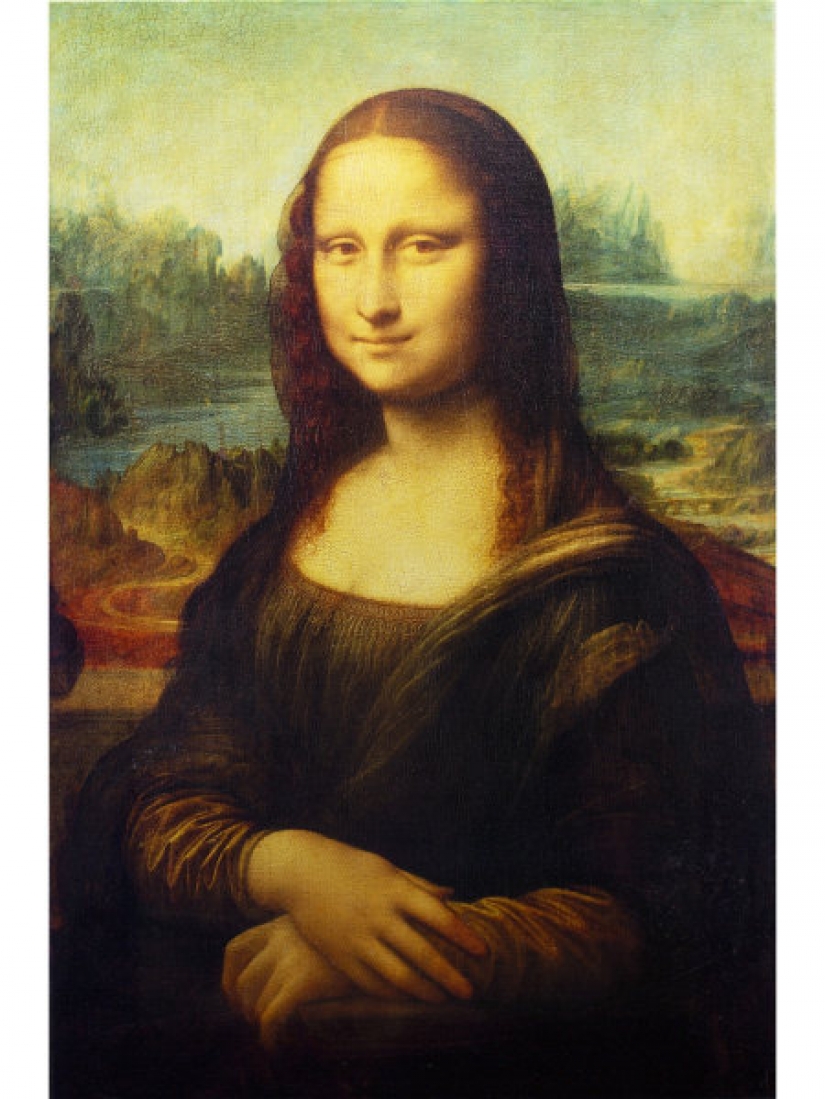
14. Mona Lisa.
Mona Lisa was painted by Leonardo da Vinci in 1503. It is considered one of the most famous works of art in the world. One of the reasons is that Mona Lisa's smile is an optical illusion. Her smile changes depending on where you focus your attention on the painting.

15. Girl with a pearl earring.
The Girl with a Pearl Earring was painted by Johannes Vermeer in 1665. The picture itself is pretty small. However, she made a huge impact on anyone who had the opportunity to see her.

16. Persian sibyl.
Historians believe that the artist Michelangelo painted the ceiling of the Sistine Chapel sometime between 1508 and 1512. A stunning Renaissance masterpiece.
Keywords: Art | Painting | Artist | Painter | Work | Emotion | Combination | Colors | Texture | People | World | Feeling | Masterpiece | Famous
Post News ArticleRecent articles

It's high time to admit that this whole hipster idea has gone too far. The concept has become so popular that even restaurants have ...

There is a perception that people only use 10% of their brain potential. But the heroes of our review, apparently, found a way to ...
Related articles

Mikhail Vachaev, an artist from Yekaterinburg, is a master with an original style, whose paintings cannot be confused with the ...

These artists love cats, but also masterfully draw them, often complementing funny and life signatures. Meet! --> Russian ...

Russian artist Andrey Shatilov has chosen a difficult path — he paints oil paintings. In the digital age this commitment to ...

New Year's is a time to surprise and delight loved ones not only with gifts but also with a unique presentation of the holiday ...